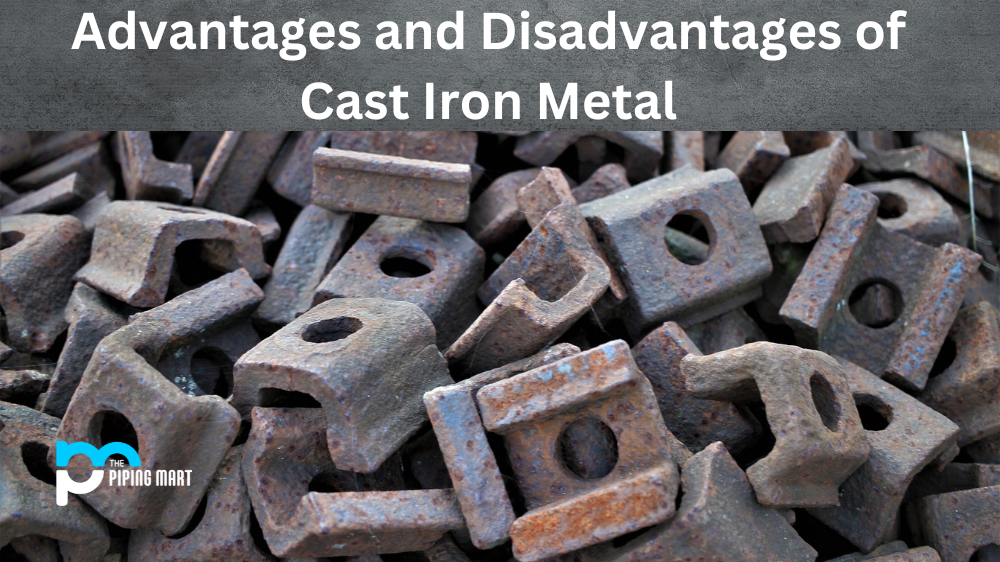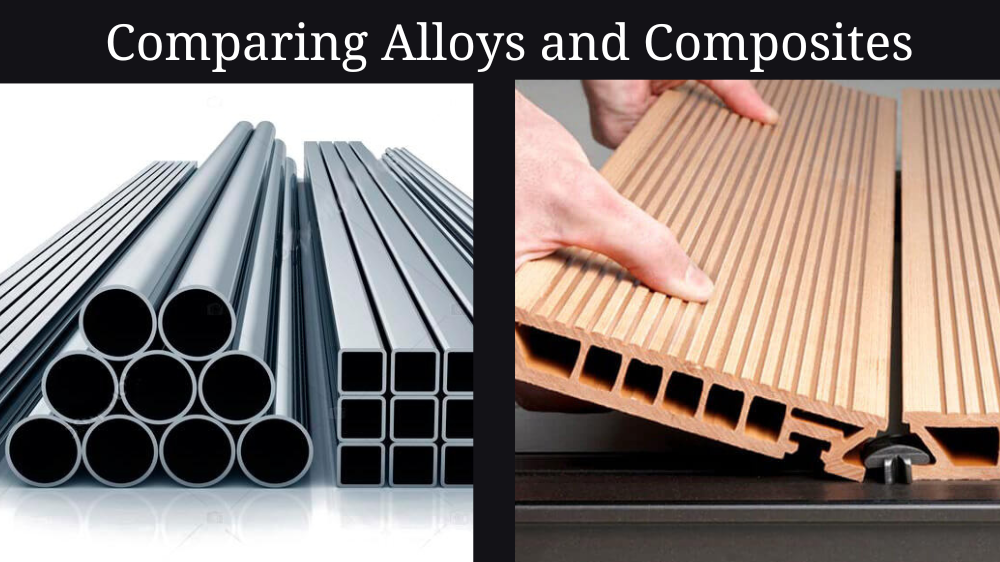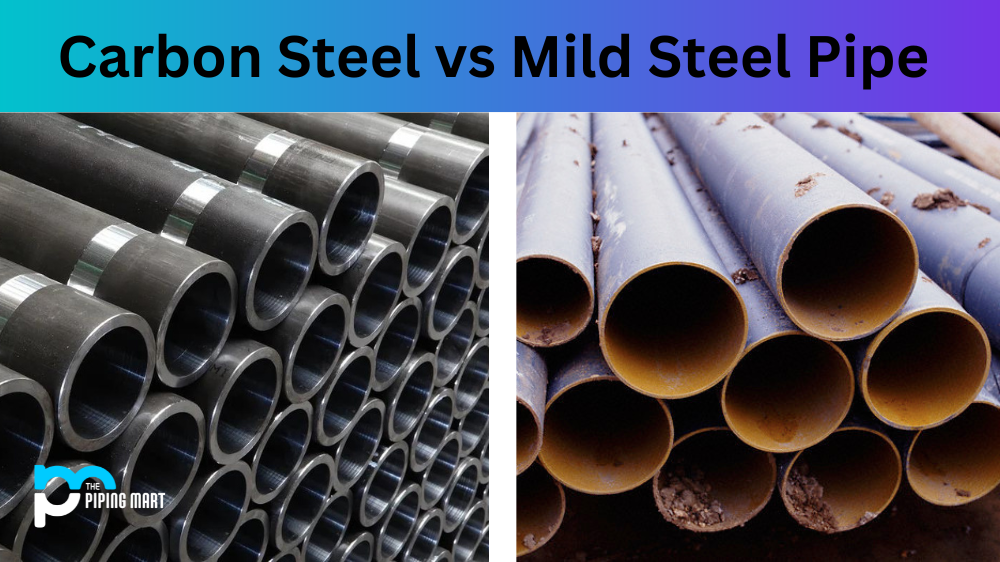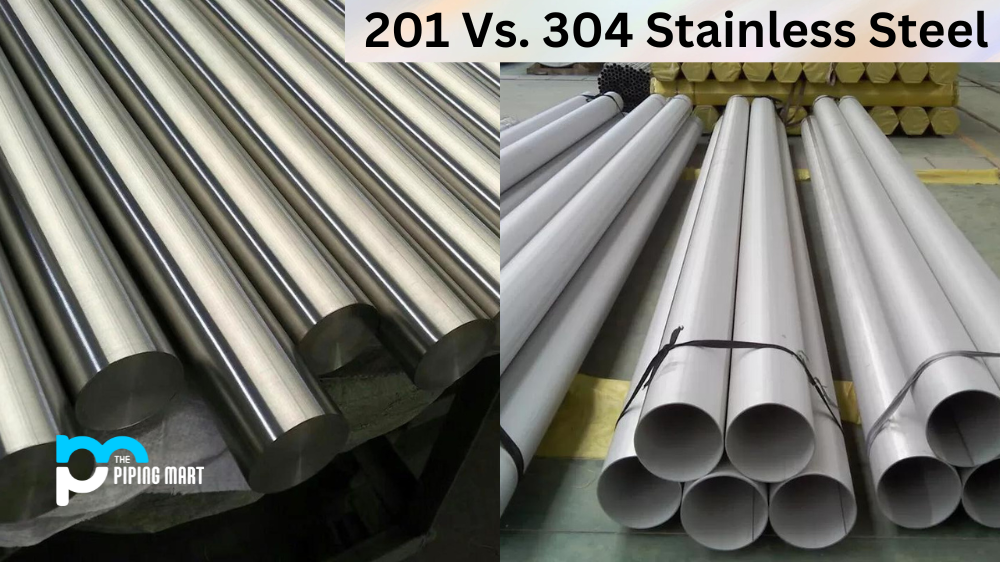Cast iron is one of the most widely used metals in the world today and has a variety of uses ranging from cookware to automotive parts. It’s a strong, durable material that can be used for many different applications. But before you decide if cast iron is right for your project, it’s important to understand both its advantages and disadvantages. Let’s take a closer look.
Advantages of Cast Iron Metal
The first advantage of cast iron is its strength. This type of metal is very strong and can withstand high temperatures without losing its shape or strength. It also has excellent corrosion resistance, making it ideal for use in harsh environments such as coastal areas or industrial facilities where moisture or chemicals are present. Furthermore, cast iron can be machined relatively easily into complex shapes, furthering its usefulness in a variety of industries.
Another advantage of cast iron is its affordability. Compared to other metals such as steel or aluminium, cast iron is relatively inexpensive and easy to find at most hardware stores or online retailers. This makes it an ideal choice for those looking to complete smaller projects without breaking the bank. Additionally, cast iron can easily be welded together with other materials—such as steel—which adds even more versatility when it comes to fabrication projects.
Durability
One of the primary advantages of cast iron is its durability. Cast iron is a very strong material that is resistant to wear and tear. Additionally, it is not susceptible to rust or corrosion, which makes it an ideal material for cookware and other products that are exposed to moisture.
Even Heating
Another advantage of cast iron is that it heats evenly. This means that food cooked in a cast iron pan will be cooked evenly, without hot spots. This is due to the fact that cast iron is a good conductor of heat.
Versatility
Cast iron is also a very versatile material. It can be used for both cooking and baking, and can be used on a variety of heat sources, including induction cooktops, ovens, and campfires. Additionally, cast iron can be used for both sweet and savory dishes.
Affordable
Another advantage of cast iron is that it is relatively affordable. While it may be more expensive than some other materials, such as aluminum or non-stick cookware, it is still less expensive than many high-end materials, such as copper or stainless steel.
Easy to Clean
Despite its durability, cast iron is actually quite easy to clean. It can be washed with soap and water, and does not require any special cleaners or treatments. Additionally, cast iron cookware can be seasoned, which creates a non-stick surface that further simplifies the cleaning process
Disadvantages Of Cast Iron Metal
Despite its many advantages, there are some drawbacks to using cast iron for certain projects as well. One disadvantage is that it’s prone to cracking if not handled correctly during installation or fabrication processes; this means that extra care needs to be taken when working with this material so that any cracks or weaknesses do not weaken the structure over time. Additionally, while cast iron does have corrosion resistance properties, after prolonged exposure to moisture, it will eventually begin to rust; this means that any outdoor structures made from this material should periodically be treated with an anti-corrosive coating in order to keep them looking their best and provide protection against rusting over time. Finally, because of its weight and density compared with lighter metals like aluminium or titanium, some projects may require additional support structures in order for them to remain stable over time; this additional cost should be taken into consideration when planning out your next project involving cast iron metalwork!
- Cast iron is a brittle material that can easily break or crack.
- Cast iron is susceptible to corrosion, especially when exposed to moisture.
- Cast iron is a heavy material, which can make it difficult to transport and install.
- Cast iron is a slow conductor of heat, which can make it inefficient for some cooking applications.
- Cast iron cookware must be seasoned regularly in order to prevent rusting and sticking.
Conclusion:
Cast iron metal has a variety of uses thanks to its strength and durability as well as its affordability and ability to be machined into complex shapes relatively easily. However, there are also some drawbacks associated with using this material, including potential cracking during installation processes and corrosion over time if exposed regularly to moisture or chemicals in the environment. Ultimately though, depending on the application at hand, there may still be good reasons why you might decide that casting your next project out of this versatile metal is still a good choice! Whether you’re an experienced DIYer looking for an affordable solution or a professional fabricator needing something strong enough for heavy-duty use cases—cast iron could be just what you need!

Pipingmart is a B2B portal that specializes in metal, industrial and piping items. Additionally, we share the latest information and information about materials, products and various types of grades to assist businesses that are involved in this business.




